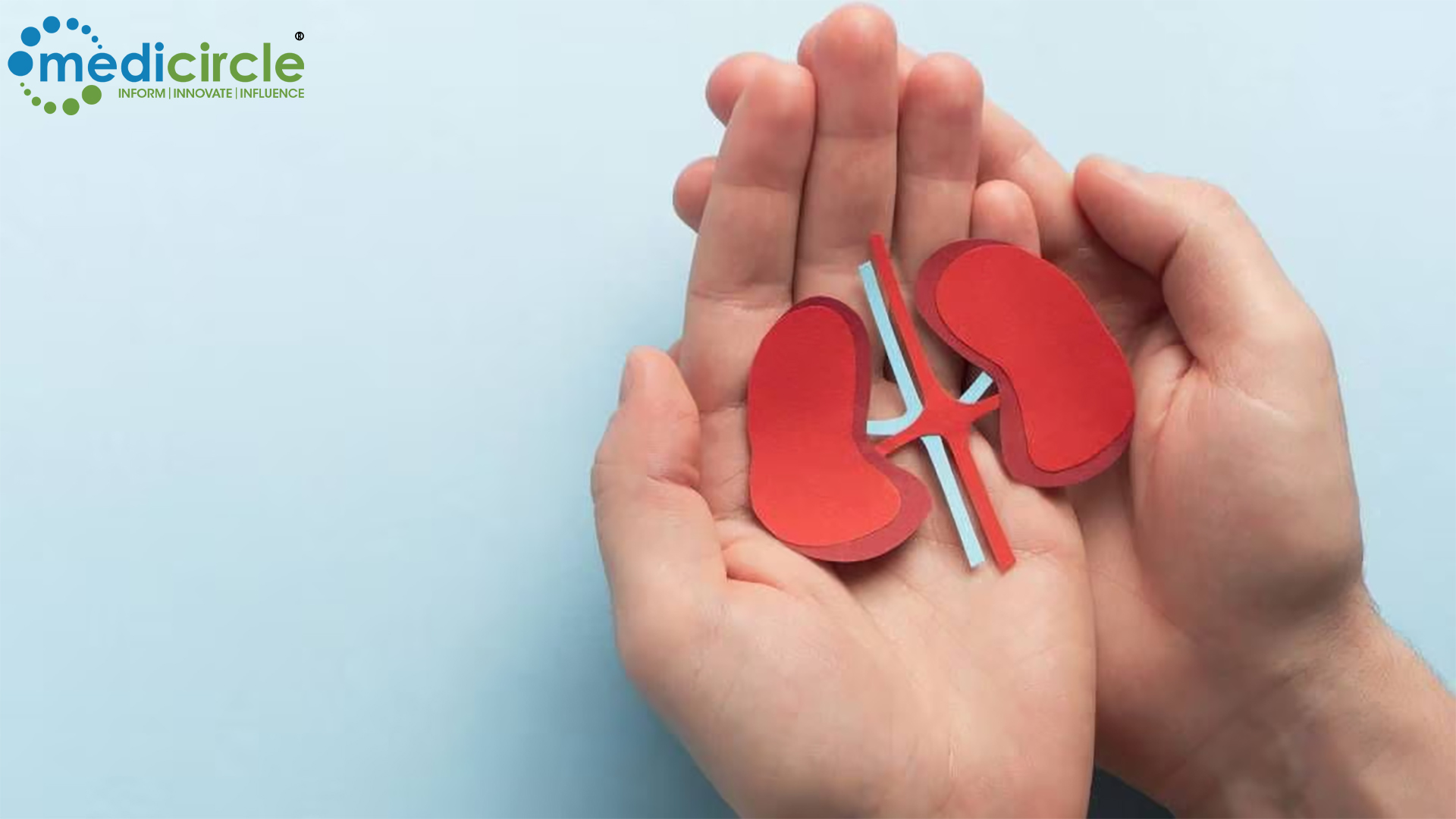In recent years, the prevalence of kidney stones among younger generations, particularly Gen Z and millennials, has been on the rise, signaling a concerning trend in kidney health. According to recent studies, there has been a significant increase in deaths due to chronic kidney disease (CKD) over the past two decades, with one out of every five adults affected by this condition. This surge in kidney-related issues, including kidney stones, underscores the importance of adopting healthier lifestyle habits to safeguard kidney health and prevent potentially debilitating conditions.
Understanding Kidney Stones and Chronic Kidney Disease:
Kidneys play a crucial role in filtering toxins from the body, yet they are often overlooked and not given the proper care they deserve. Chronic kidney disease, characterized by a gradual loss of kidney function over time, poses a significant health risk and can lead to fatal consequences if left untreated. Recent studies have highlighted the alarming rise in CKD cases in India, with a staggering 50% increase in deaths attributed to this condition. Additionally, kidney stones, once considered a concern primarily for older adults, are now affecting individuals in their 20s and 30s at alarming rates.
Contributing Factors to Kidney Stones:
Experts attribute the increasing prevalence of kidney stones among younger generations to a combination of genetic predisposition and lifestyle factors. Unhealthy dietary habits, including high consumption of processed foods, excessive sodium intake, and inadequate hydration, play a significant role in stone formation. Sedentary lifestyles further exacerbate the risk of developing kidney stones, emphasizing the need for lifestyle modifications to mitigate this growing health concern.
Expert Insights and Concerns:
Urologists and healthcare professionals have expressed concern over the rising incidence of kidney stones among younger demographics. Dr. Prakash Chandra Shetty, a urologist at Dr LH Hiranandani Hospital in Mumbai, highlights the shift in demographics affected by kidney stones, noting the increasing prevalence among Gen Z and millennials. Similarly, Dr. Nitin Shrivastava, a senior consultant in urology at Artemis Hospital, Gurugram, corroborates these findings, emphasizing the need for proactive measures to address this trend.
Addressing the Root Causes:
To combat the rise of kidney stones among younger generations, lifestyle interventions play a pivotal role in prevention and management. Dr. Shetty and Dr. Shrivastava emphasize the importance of hydration, urging individuals to increase their water intake to prevent the formation of kidney stones. Additionally, adopting a balanced diet rich in fruits, vegetables, and whole grains can help reduce the risk of stone formation by promoting overall kidney health.
Dr. Dipak Patade, a consultant physician at Adhikari Lifeline Multispecialty Hospital in Mumbai, underscores the impact of dietary choices on kidney health, urging individuals to limit their intake of processed foods, sodium, and sugar. By prioritizing hydration, healthy dietary habits, and regular physical activity, individuals can significantly reduce their risk of developing kidney stones and chronic kidney disease.
As kidney stones and chronic kidney disease continue to affect younger demographics, it is imperative to prioritize kidney health through lifestyle modifications and preventive measures. By adopting healthier habits, such as staying hydrated, maintaining a balanced diet, and engaging in regular exercise, individuals can protect their kidneys and reduce the risk of developing debilitating conditions. With proactive efforts and awareness, we can combat the rising tide of kidney-related issues and promote optimal kidney health for generations to come.

 By adopting healthier habits, such as staying hydrated, maintaining a balanced diet, and engaging in regular exercise, individuals can protect their kidneys and reduce the risk of developing debilitating conditions.
By adopting healthier habits, such as staying hydrated, maintaining a balanced diet, and engaging in regular exercise, individuals can protect their kidneys and reduce the risk of developing debilitating conditions.










.jpeg)




.jpeg)

.jpg)













